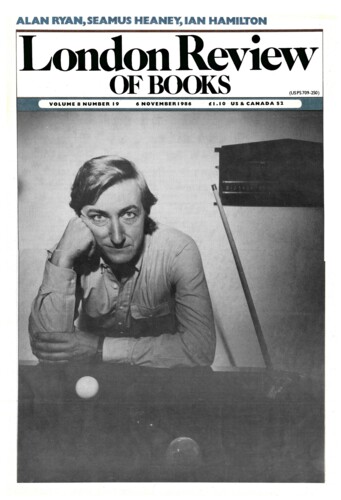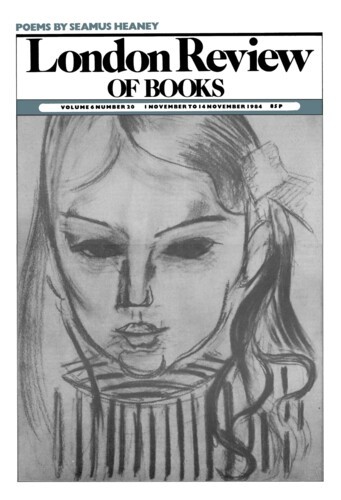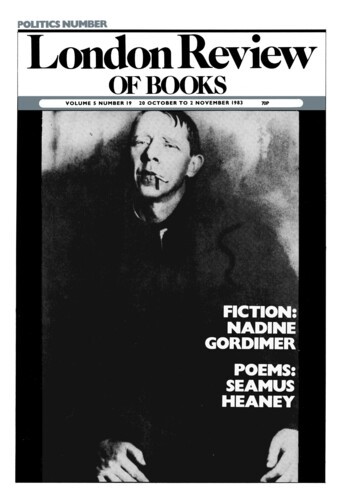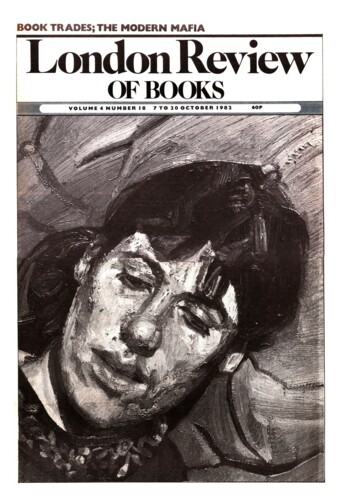Seamus Heaney praises the Scottish poet Sorley MacLean
Seamus Heaney, 6 November 1986
It is often late, by chance, and with sudden delight, that we find those poets who later become vital to us. I knew Sorley MacLean by reputation before I felt his authority. His renovation of a poetic tradition, his cross-fertilisation of love and politics, of metaphysical technique and traditional Gaelic modes, of dan direach and personal destiny – I knew about all this at second hand; it was part of that store of useful literary information that accumulates at the back of the literary mind like respected, unread books on the bookshelf. But then, in the early Seventies, two things occurred which made the spark jump: I read Iain Crichton Smith’s translations, Poems to Eimhir, and I heard MacLean himself read his own poems in the original Gaelic.’





